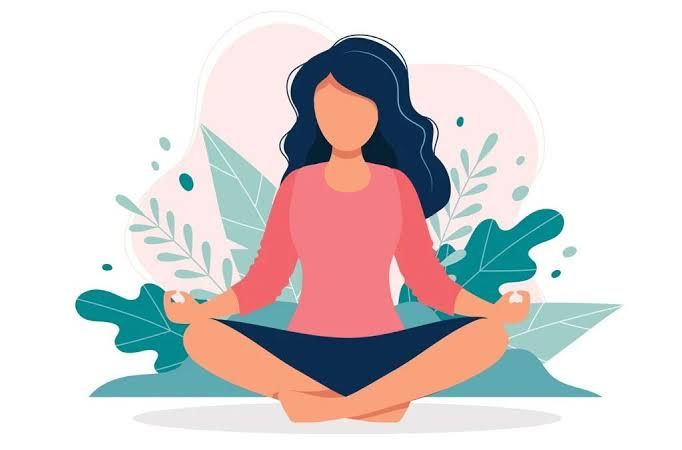Can I be addicted to Weed? Understanding Psychological Dependence
- Collective Care

- Jun 2, 2025
- 3 min read
Marijuana or weed, often perceived as a benign recreational substance, has gained widespread acceptance in recent years. However, beneath its relaxed reputation lies a complex reality: marijuana can lead to psychological dependence, affecting mental health and daily functioning.
Is Marijuana Addictive?
Yes, marijuana can be addictive. While not everyone who uses marijuana becomes addicted, studies indicate that approximately 9% of users develop a dependence. This risk increases with early use, frequent consumption, and higher potency products.
Understanding Psychological Dependence
Psychological dependence refers to the emotional and mental processes that compel an individual to continue using a substance despite negative consequences. In the case of marijuana, users may experience:
Cravings a strong desire to use the drug.
Anxiety or irritability especially when not using.
Sleep disturbances including insomnia or vivid dreams.
Loss of interest in activities once enjoyed.
These symptoms can make cessation challenging, leading individuals to continue use to avoid discomfort.
Recognizing the Signs
Identifying psychological dependence is crucial for timely intervention. Common signs include:
Increased tolerance: Needing more to achieve the same effect.
Neglecting responsibilities: At work, school, or home.
Social withdrawal: Avoiding friends and family.
Continued use despite problems: in areas of life such as relationship issues or legal troubles.
If you or someone you know exhibits these signs, seeking professional help is advisable.
Path to Recovery
Collective Care, the best de addiction and life skills management centre in Pune, designs specialized treatment for anxiety, depression and substance use . Individuals receive treatment and detoxification under the supervision of certified counsellors for addiction, ensuring their comfort and safety at all times.
Our affordable addiction treatment program incorporates the following procedures to help individuals improve their overall well-being :
Acknowledging the Addiction and Mental Patterns: Helping people recognize self sabotaging thought loops and behavioral addictions is the first step to detoxing the mind. Acceptance allows for healing and prevents denial from keeping destructive cycles alive.
Therapy and Professional Support: At Collective Care, the clinical psychologists and counselors use evidence based therapy to help individuals recognise their strengths and shortcomings. For example; Cognitive-Behavioral Therapy (CBT) helps in restructuring negative thought patterns, while Existential-Humanistic Therapy encourages self-exploration and purpose-driven healing. Group Therapy and Peer support offers shared experiences, mutual growth and emotional reinforcement.
Practicing Mindfulness and Meditation: Individuals are trained to use Mindfulness based techniques to detach themselves from compulsive thoughts and impulsive urges. Meditation aids in calming the nervous system and rewiring neural pathways for healthier thinking.
Digital and Environmental Detox: We encourage limiting exposure to digital distractions, social media, and negativity to help break addictive cycles. Decluttering physical spaces reduces mental chaos and creates an environment ideal for healing.
Journaling and Self-Reflection: Individuals are asked to practice mindful journaling as it helps in recognizing emotions, thought patterns, and triggers. Similarly, Gratitude journaling is practiced to foster a positive mindset and shift focus away from negativity.
Healthy Lifestyle Changes: One of the core values at Collective Care is a healthy routine. Regular exercise, proper nutrition and quality of sleep is a major priority. Exercise releases endorphins that naturally boost mood and reduce cravings, proper nutrition supports cognitive function and emotional stability and quality of sleep aids in functionality, emotional processing and mental restoration.
Breaking the Cycle with New Habits: Engaging in fulfilling activities like art, music, or gardening therapy is encouraged here to help replace addictive behaviors. Setting goals and daily routines builds structure and reduces impulsivity. Learning stress management techniques prevents relapse into negative coping strategies.
Accepting Personal Responsibility for Growth: A safe and non judgemental space is provided to allow individuals to let go of blame and self-judgment as it creates room for accountability and change. Understanding that setbacks are part of growth fosters resilience in the detox process. Seeking ongoing support ensures sustainable progress beyond initial detox efforts.
Taking the First Step
Acknowledging the problem is the first step toward recovery. If you're questioning your relationship with marijuana, consider reaching out to clinical psychologists at Collective Care for guidance.
Remember, seeking help is a sign of strength. Recovery is possible, and support is available every step of the way.


